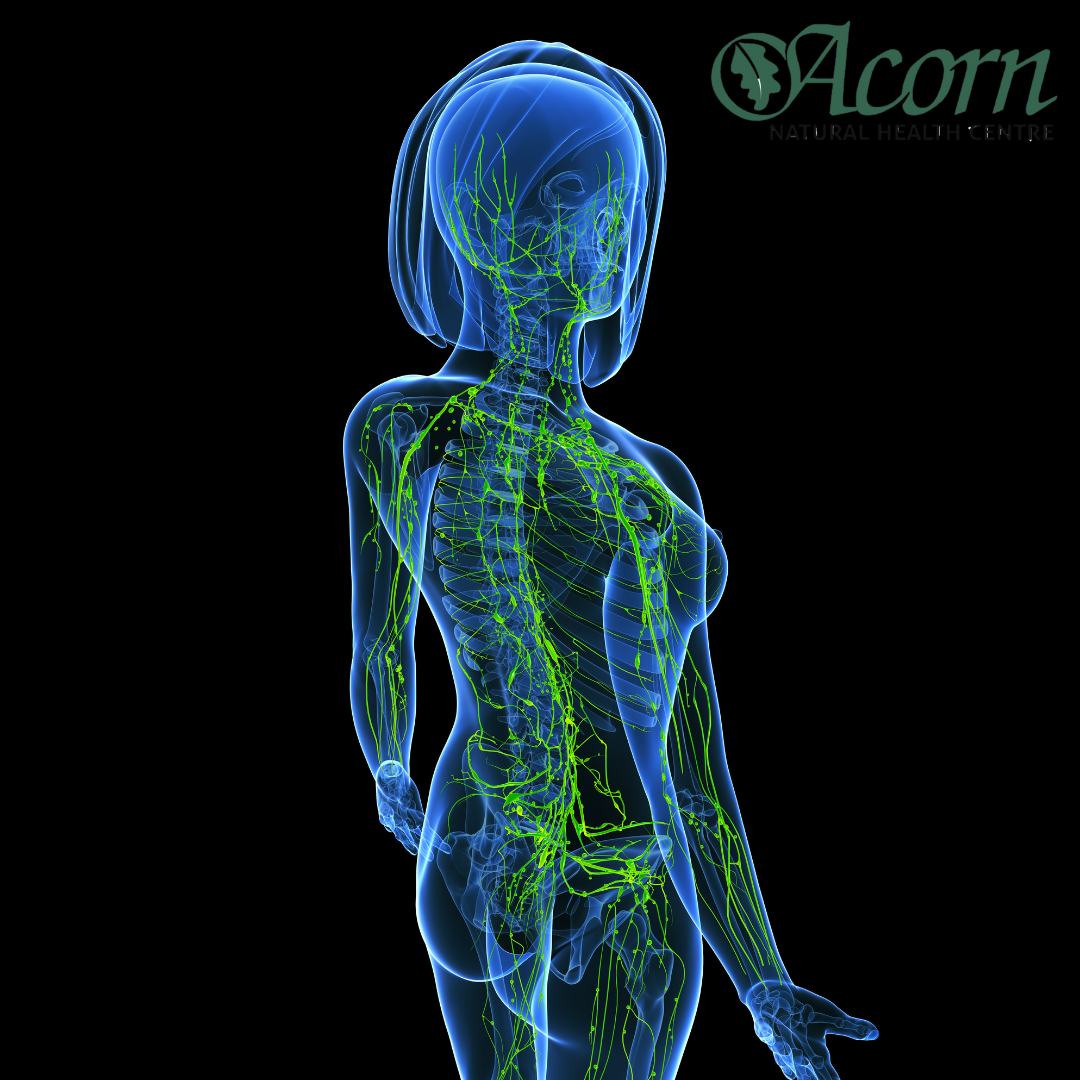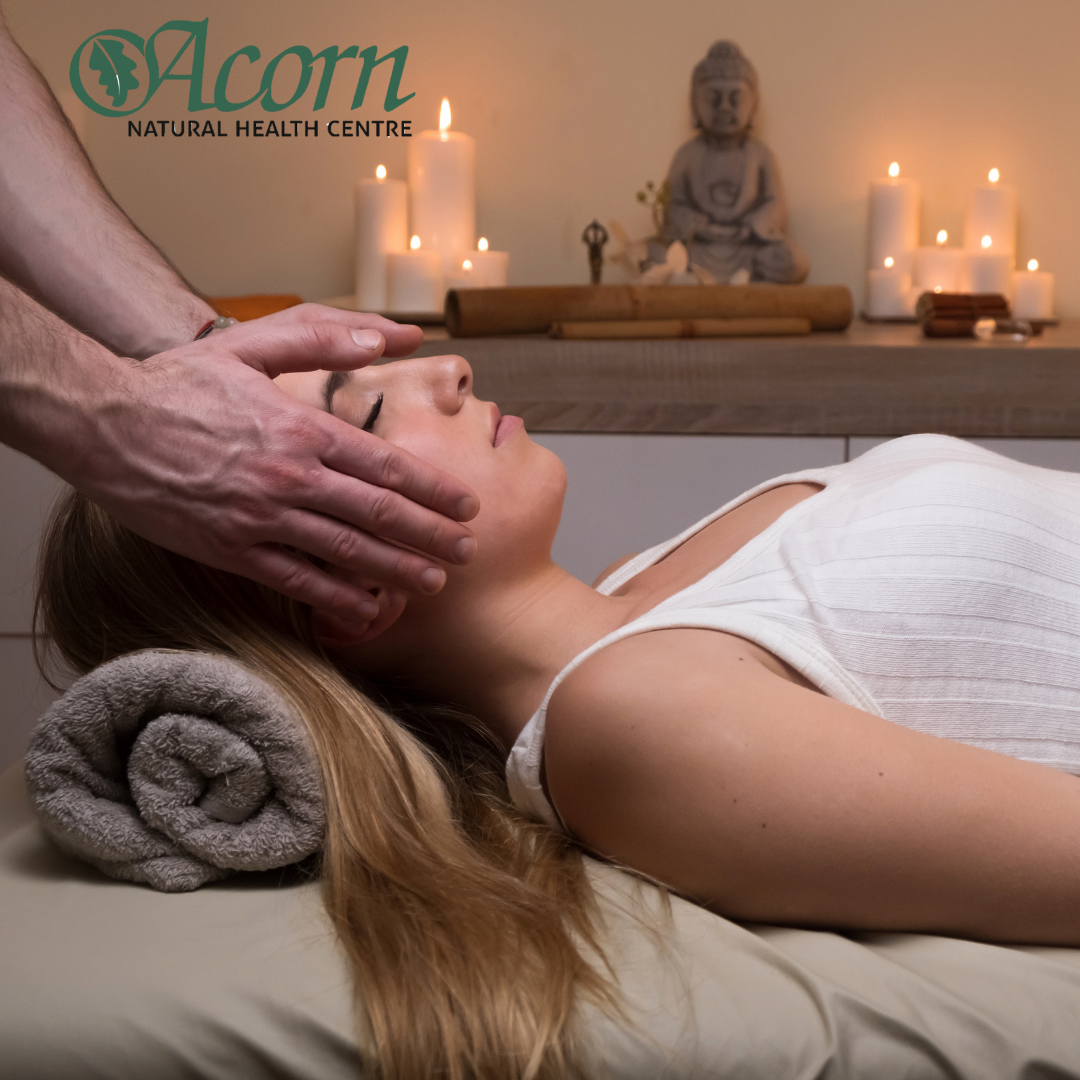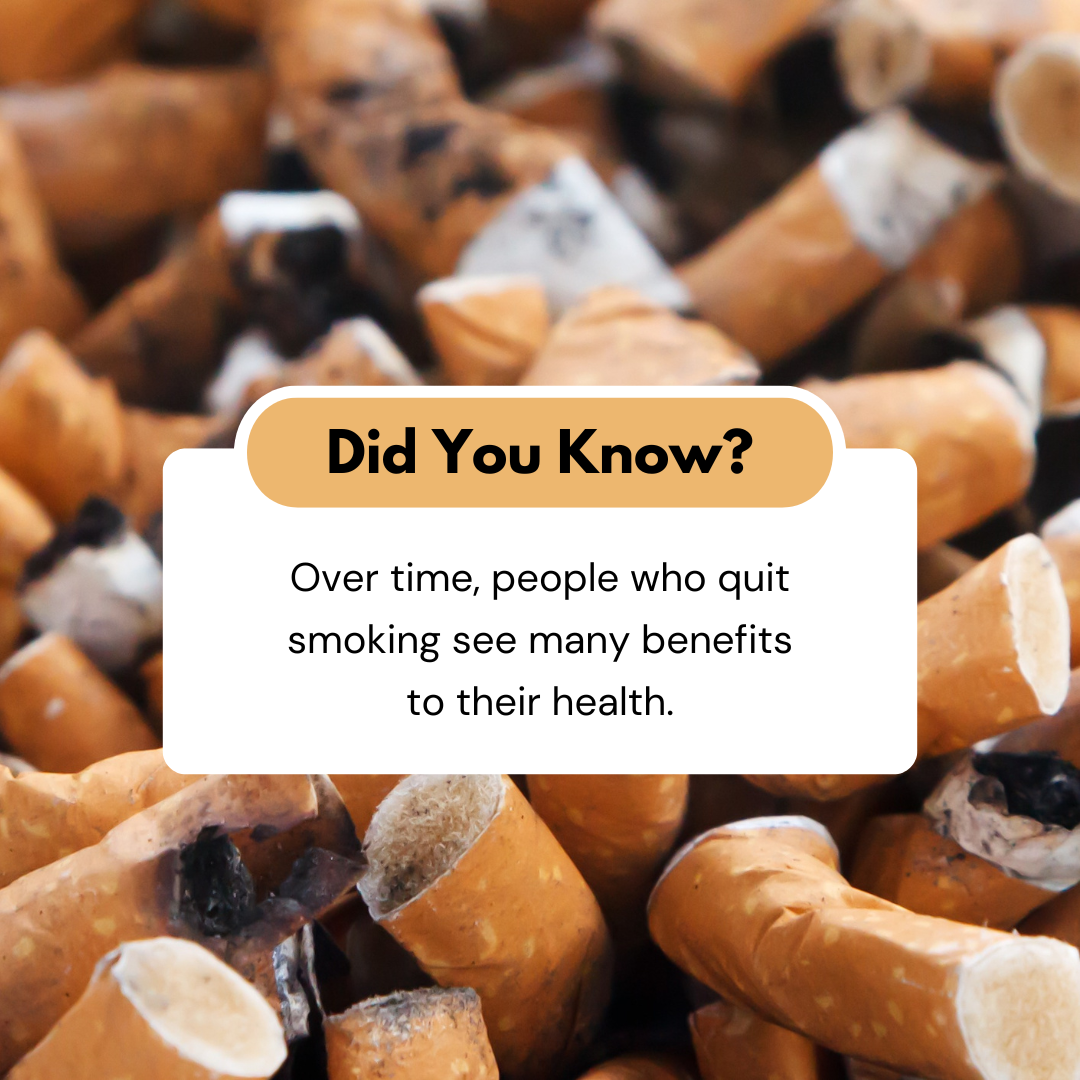In the fast pace of everyday life, it’s easy to lose connection with the deeper parts of ourselves—the soul that holds our purpose, truth, and inner peace. Whether you’re navigating a spiritual awakening, healing emotional wounds, or seeking clarity and alignment, having guidance on your journey can make all the difference. This is why I created the Soul Sanctuary Guidance service—a space where you can feel seen, supported, and empowered no matter where you are on your spiritual path.

A Sanctuary for Your Soul
The Soul Sanctuary Guidance service is not a one-size-fits-all solution. It’s a deeply personalized experience designed to meet you exactly where you are. Each person’s spiritual journey is unique, and this service honors that uniqueness by offering tailored support for your specific needs.
Perhaps you’re in the early stages of spiritual awakening, feeling the first stirrings of curiosity or seeking a deeper understanding of your purpose. Or maybe you’re navigating the challenging terrain of shadow work, confronting old wounds, and letting go of limiting beliefs. You might even be at a stage of integration, ready to embody your higher self and align your life with your soul’s truth. Wherever you find yourself, this service provides the tools, insights, and compassionate support to help you move forward with confidence and clarity.
What to Expect in a Session
Each session is designed to be a sacred space for your growth. We begin by grounding and setting intentions, creating a calm and supportive environment. This helps you connect with your inner self and ensures that our time together is focused and meaningful.
From there, we explore your current challenges or goals, diving into what’s present for you in the moment. Whether you’re seeking clarity, emotional healing, or practical guidance, the session is tailored to meet your needs.
Depending on your intention, our work may include energy healing techniques like Reiki or chakra balancing to clear blockages and restore harmony. We might incorporate spiritual coaching to help you navigate challenges, discover new perspectives, or align with your purpose. Other tools, such as guided meditations, breathwork, or reflective exercises, may also be used to deepen your understanding and healing.
The session concludes with a reflection on what surfaced and practical steps or tools you can use to continue your journey. For those enrolled in a package, post-session support is available to keep you aligned and empowered between our meetings.
Why Choose Soul Sanctuary Guidance?
In a world full of distractions and noise, it’s easy to feel disconnected or lost. This service is your sanctuary—a safe and nurturing space where you can reconnect with your inner self and the wisdom that lies within.
Here’s how Soul Sanctuary Guidance can support you:
• Awakening Support: If you’re new to spiritual exploration, this service helps you gain clarity, uncover your soul’s purpose, and develop practices to deepen your connection.
• Healing and Shadow Work: For those navigating emotional challenges, this service provides a compassionate space to process, release, and heal what no longer serves you.
• Alignment and Integration: If you’re ready to step into your authentic self, the guidance and tools provided will help you align your life with your values, purpose, and highest potential.
Flexible Options for Every Journey
To accommodate your unique needs, I offer both one-off sessions and transformational packages:
• One-Off Sessions: Ideal for focused guidance or a starting point, these 90-minute sessions provide clarity and actionable steps you can implement immediately.
• Packages: For those seeking deeper exploration and sustained support, multi-session packages are designed to facilitate profound transformation.
The flexibility of these options ensures that no matter where you are on your journey, you’ll receive the support that’s right for you.
Your Journey Begins Here
Your spiritual journey is a deeply personal and sacred process, but you don’t have to navigate it alone. Soul Sanctuary Guidance offers a safe, compassionate, and empowering space to explore, heal, and align with your true self.
Whether you’re taking your first steps or looking to deepen your transformation, I’m here to walk alongside you, offering tools, insights, and encouragement every step of the way.
Are you ready to reconnect with your soul’s wisdom and step into your highest potential? Book your session today, and let’s begin your journey together.




